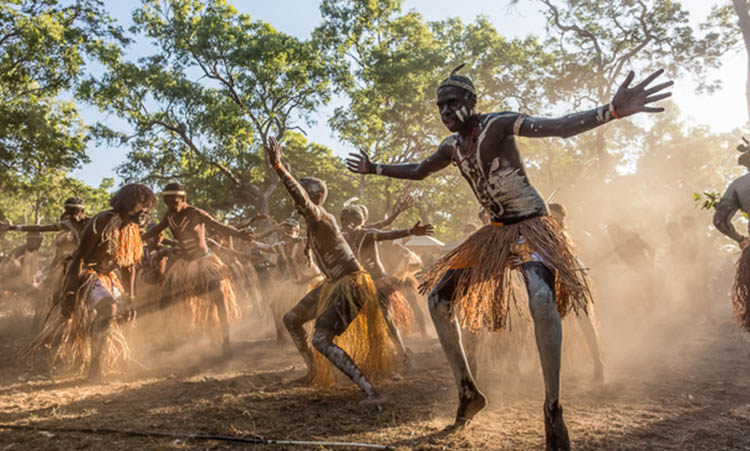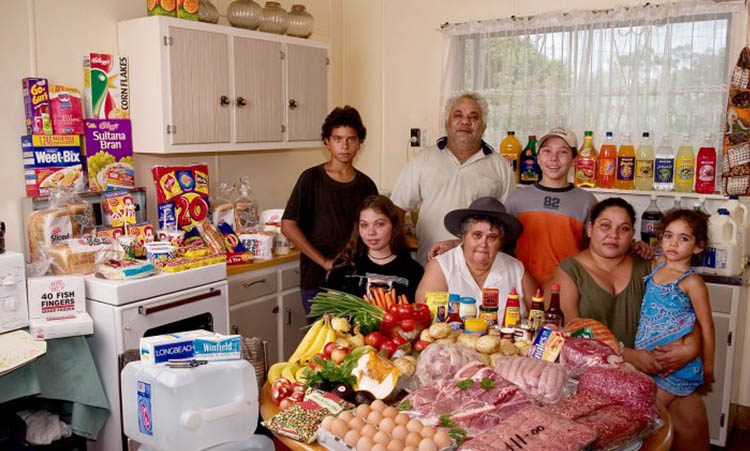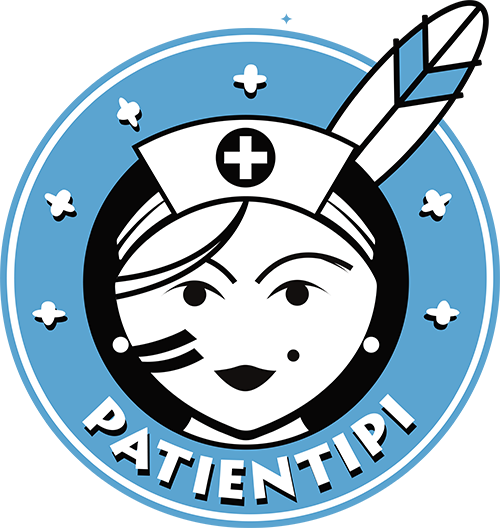Dear colleagues, you are welcoming a patient from Australia.
Here is a list of useful information to know in the context of his medical care.
General Information
Distance from Paris Canberra: 16 909 km
25.4 million inhabitants / Average salary: $4 576 per month
Literacy rate: 100% / Life expectancy: 83.3 years
Language spoken: English
● The Australian population is covered by Medicare, a universal, national, tax-funded health insurance system.
● Regarding medications, patients still pay a share of the cost of each prescription.
● The most common diseases in Australia are: Covid-19, dengue, Ross fever, Rickettsioses, rabies, hepatitis B, HIV and AIDS.
Communication

● Socialization is very important to Australians. For them there are no barriers, everyone can talk to everyone else.
● Australians place a premium on respecting the equality of people, dignity as well as individual freedom.
● Australians are attached to the respect of rules and laws, especially on community life.
● Hierarchy is a relative notion in Australia, facilitating communication at all levels.
Beliefs, Practices & Rituals

● Australia is a secular country that guarantees the separation of church and state.
● Three quarters of Australians identify themselves as Christian, mostly Catholic or Anglican.
● In Australia, about 3% of the population is aboriginal. They are the first people of Australia. These 700,000 people are divided into several hundred different tribes.
Dietary Habits

● Australians are fond of meats, especially cooked on the barbecue.
● They sometimes eat crocodile and kangaroo meat.
● Beer and wine are drinks consumed regularly.
● Scurvy, considered almost extinct, is making a comeback in Australia due to poor eating habits.
Pregnancy and motherhood

● In Australia, women have only two mandatory ultrasounds to undergo during pregnancy.
● Caesarean section is a common practice in Australia.
● An Australian Aboriginal rite is to cleanse the lungs and head of newborns with smoke: the baby’s grandmother passes it over a fire of horse chestnuts.
End-of-life care

● Euthanasia and assisted suicide are highly debated topics in Australia. They are prohibited in the majority of states, except in Victoria.
● Inequalities in the quality and access to palliative care persist in Australia.
● To be an organ donor, one must register with the country’s organ donation registry. Families of the deceased must confirm the decision; 9 out of 10 families respect the deceased’s choice.
● The notion of community is very important to Aboriginal Australians, especially in times of grief. Death is seen as a transition, the continuation of a cycle. Depending on the group, specific rituals and traditions apply.
● In some groups, there is a tradition of not saying the name of the deceased.
● It is inappropriate for a non-aboriginal person to contact and inform the next of kin of someone’s death. This violation of cultural protocol can cause significant distress.
Examples of Cases Encountered
This section allows us to share real-life experiences. Please feel free to share yours with the community.
This section allows us to share experiences. Feel free to share yours with the community.
● Australia.marcovasco.co.uk – Rules of conduct during your tour in Australia
● Vivreenaustralie.com – Cultural differences
● Alliancevita.org – Australia Victoria euthanasia law
● Lecourrieraustralien.com – The number of organ donors in Australia has doubled in 10-years
● Donatelife.gov.au
Creativespirits.info ● Aboriginalculture – Mourning an aboriginal death
